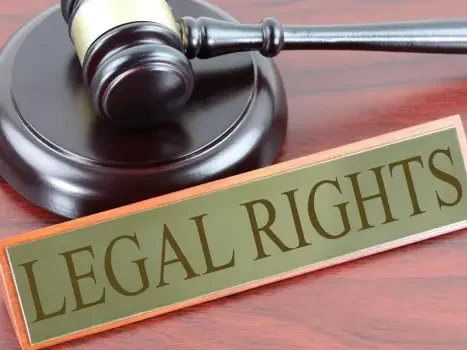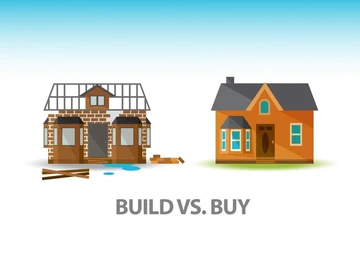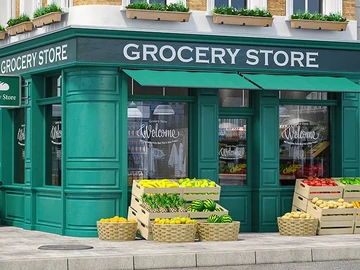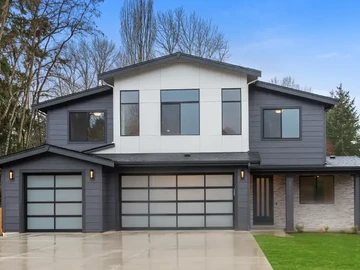Buying property in Zimbabwe can be exciting but also legally complex. From title deeds to leasehold land, understanding your rights is crucial to protecting your investment and avoiding disputes.
In this 2025 comprehensive guide, we outline the key legal rights of property owners in Zimbabwe, including relevant laws, local case examples, and expert tips to make informed, safe purchases.
1. Right to Legal Ownership (Title Deed Rights)
What it Means:
As a property owner, you have the right to a valid, registered Title Deed proof of your full ownership.
Importance:
- Confirms your sole or shared ownership.
- Grants the right to sell, lease, mortgage, or develop the property.
2025 Note:
- Unregistered or “council cession” stands in Harare, Chitungwiza or Ruwa are NOT fully transferable assets these require title upgrade to full deeds for secure ownership.
- Always insist on a search at the Deeds Registry to confirm ownership and absence of mortgage or legal disputes.
2. Right to Exclusive Use and Enjoyment
What it Means:
As an owner, you have the legal right to occupy, use, and enjoy the property without interference whether for residential or commercial purposes.
Limitations:
- Must comply with local zoning laws (e.g., no converting a home into a factory without approval).
- Subject to Body Corporate rules if within a cluster complex or flats.
2025 Update:
- In Harare’s Borrowdale cluster projects, disputes over common space and private gardens are rising know your rights under the Sectional Titles Act.
3. Right to Transfer and Sell
What it Means:
You can sell or transfer the property to another party, as long as:
- The Title Deed is clear.
- All taxes (CGT) and rates are settled.
Key 2025 Note:
- Foreigners require Reserve Bank approval to buy or sell property.
- ZIG or USD transactions: Choose currency wisely as most sellers prefer USD for high-value property (see our blog on currency preferences in 2025).
4. Right to Lease and Earn Income
What it Means:
Owners can rent out property (residential or commercial) to earn income.
Important 2025 Changes:
- Short-term rentals (like Airbnb in Harare & Victoria Falls) are subject to new ZTA licensing failure to comply may lead to fines.
- Residential leases require a written contract under the Commercial Premises (Rent) Regulations, SI 32 of 2007.
Tip:
Diaspora owners must appoint a reliable local agent or property manager.
5. Right to Mortgage the Property
What it Means:
You may use your property as collateral for a mortgage or business loan.
2025 Banking Trend:
- CBZ, NMB, and Stanbic Bank prefer titled properties in low-risk suburbs (e.g., Mt Pleasant, Borrowdale).
- Untitled land or "offer letters" are not bankable for mortgage loans.
6. Right to Protection Against Expropriation
What it Means:
Your property cannot be forcibly taken by the government unless:
- For public use (roads, schools).
- You are fairly compensated (per Zimbabwe’s Constitution Section 71).
Recent 2025 Example:
- 20 plots in Chitungwiza South flagged for compulsory acquisition for a road expansion. Compensation offered at market rates.
7. Right to Bequeath or Inherit Property
What it Means:
Property owners may leave property to heirs via a will or under Zimbabwean inheritance law.
2025 Update:
- Master of High Court’s Office now digitised probate process quicker but still requires valid Title Deeds.
- Disputes common in unregistered rural land or family inheritance ensure formalisation.
8. Right to Development & Improvements
What it Means:
You may extend, build, or renovate subject to local authority approval.
2025 Notes:
- City of Harare demanding new building permits even for simple renovations.
- Illegal developments may result in demolition notices.
9. Limitations & Responsibilities of Owners
You are required to:
- Pay property rates, taxes, and levies (failure can result in debt recovery or auction).
- Maintain property to avoid health or safety hazards.
- Respect neighbours' rights (no illegal boundary extensions, nuisance, etc.).
Conclusion: Know Your Rights, Protect Your Investment
Buying property is a lifetime investment. Whether you're a local buyer or a member of the Diaspora, knowing these legal rights ensures you avoid costly disputes, fraud, and ownership risks in 2025 and beyond.
Always engage registered conveyancers, verify Title Deeds, and understand your rights under Zimbabwean property law.
 Continue with Facebook
Continue with Facebook
 Continue with Email
Continue with Email














